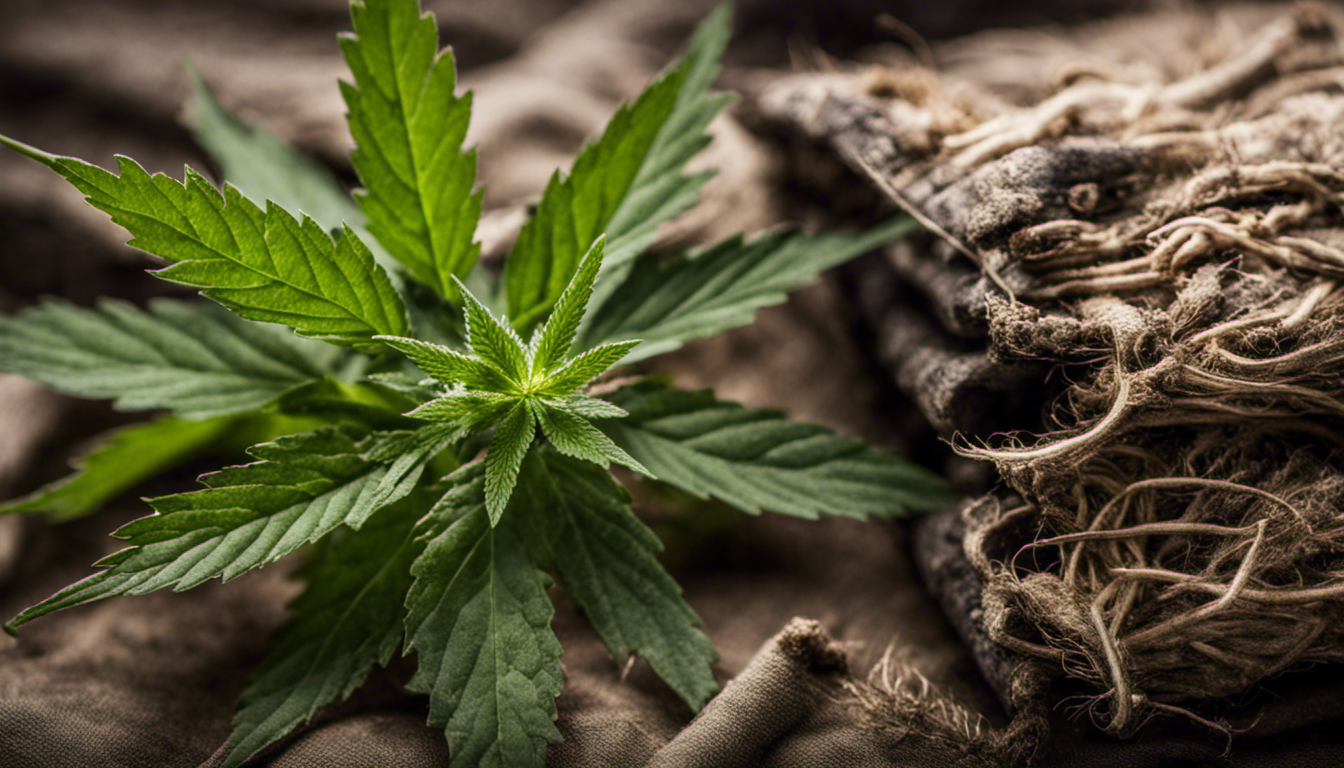The US Food and Drug Administration (FDA) has cleared a study to assess the safety and efficacy of using marijuana to treat post-traumatic stress disorder (PTSD) in military veterans. This decision marks a significant shift in the agency’s stance on cannabis research, as it has historically prioritized studies on the harms of marijuana rather than its potential therapeutic benefits.
The study, which will be funded by a $12.9 million grant from Michigan’s cannabis regulatory agency, will involve 320 military veterans and use high-potency marijuana from Canada. Researchers will examine the effects of cannabis on PTSD symptoms, including anxiety, depression, and sleep disturbances.
The FDA’s decision is seen as a sign of growing recognition of the need for more research on cannabis, particularly as its use becomes increasingly popular among veterans and the general public. In recent years, cannabis use among veterans has increased, with many reporting relief from PTSD symptoms.
However, not everyone is optimistic about the potential benefits of cannabis for PTSD treatment. Some experts have raised concerns about the risks of using marijuana, including addiction and potential worsening of mental health symptoms. The American Psychiatric Association has warned that there is no scientific evidence that cannabis improves psychiatric disorders, and some studies have suggested that it can actually worsen mental health.
Despite these concerns, researchers and advocates for cannabis reform are hopeful that the new study will provide valuable insights into the potential benefits and risks of using marijuana for PTSD treatment. The study’s lead researcher, Rick Doblin, believes that the high-potency marijuana used in the study will provide a more accurate picture of the drug’s effects than previous studies, which used lower-potency marijuana.
The FDA’s decision to clear the study is also seen as a sign of growing support for cannabis reform at the federal level. In May, the Biden administration proposed downgrading cannabis from Schedule I, the government’s most restrictive category of drugs, to a less restrictive category. While the timing of any change is uncertain, the proposal reflects a growing recognition of the need for more research on cannabis and its potential therapeutic benefits.
Ultimately, the success of the study will depend on the quality of the research and the findings. If the study shows that cannabis is effective in reducing PTSD symptoms, it could pave the way for wider use of the drug for treatment. However, if the study finds no benefits or raises new concerns, it could also inform a more nuanced understanding of the drug’s potential risks and benefits.












